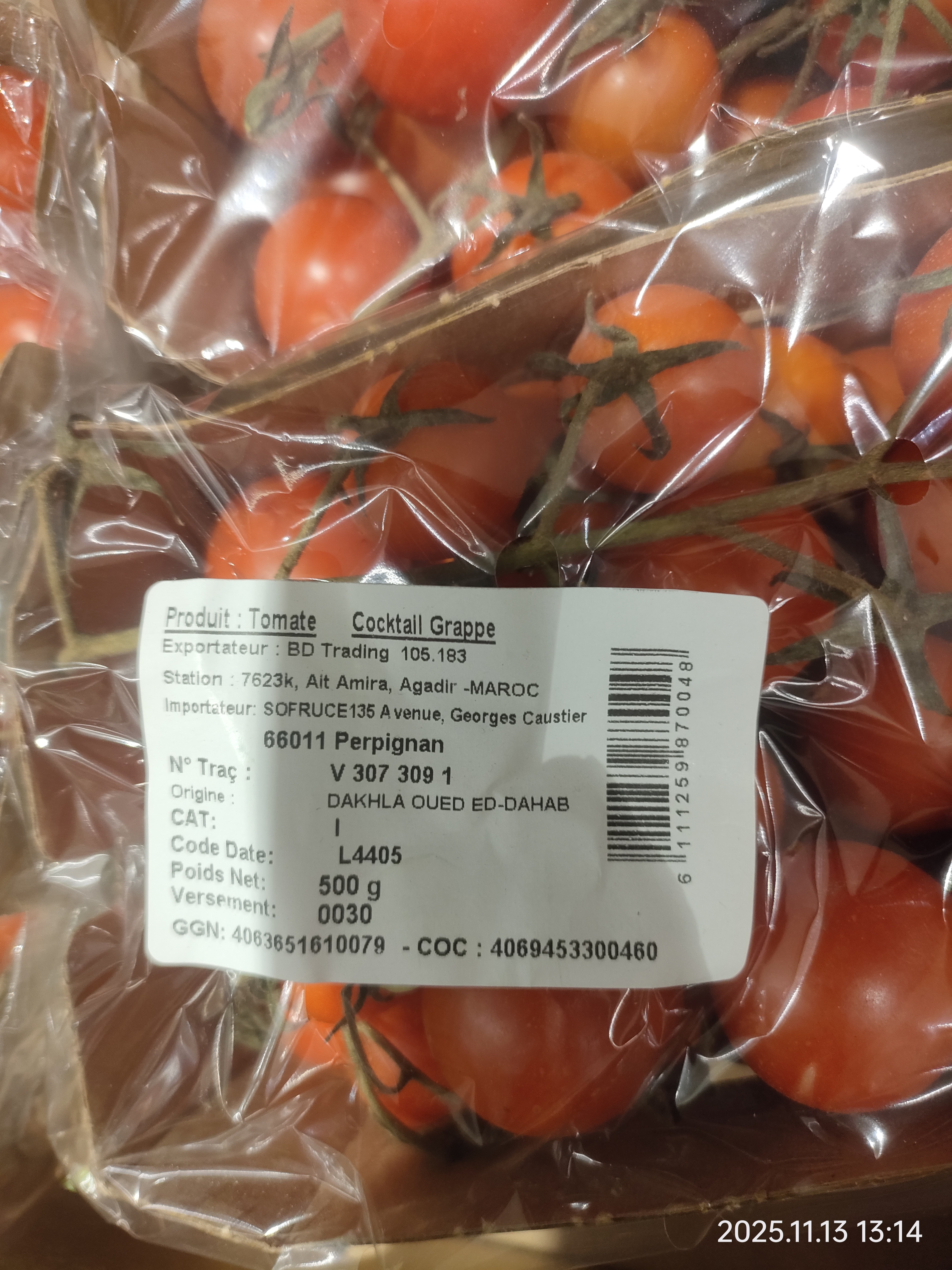
"It turns out that the tomatoes are from Dakhla in occupied Western Sahara, so we are not going to sell them anymore. These things are not supposed to happen", stated media officer Ingmar Kroon at the Swedish grocery chain Axfood.
It was the Swedish magazine 'Västsahara¨which in April this year discovered cherry tomatoes from the firm Azura in a shop in Gothenburg. The shop belonged to the grocery chain Axfood, with 225 shops in Sweden.
Azura is a French-Moroccan business producing vegetables in Agadir and in the the occupied town of Dakhla in southern parts of Western Sahara.
"I know the Western Sahara issue well. Of course we should not sell products from an occupied territory", said Axfood's media officer Ingmar Kroon to the Swedish magazine.
When Axfood carried out its first control, they were told that the tomatoes were from "Southern Morocco", but when looking further into the issue, they discovered they were from Dakhla. Azura stated to Axfood that EU's agreement with Morocco also covers Western Sahara.
"But we are not of that opinion", stated Mr. Kroon.
In 2009, Azura tomatoes were discovered also in the shops of Coop in Norway and Sweden. Coop Norway then promised to halt all furthher imports. Coop Sweden announced that their tomatoes, on the other hand, only came from Agadir - not Dakhla.
8000 people work in the Azura's giant green houses in Dakhla, most of all producing tomatoes and melons for exports.
Is your local shop selling conflict tomatoes?
Morocco’s tomato export season starts today. But some of the ‘Moroccan’ tomatoes you’ll soon find in your shop have been grown illegally in a territory under military occupation. Have you spotted dirty tomatoes? Help us to identify them in your local store!
Report: EU consumers unwittingly supporters of occupation
The WSRW report ‘Label and Liability’ documents how produce from the controversial agro-industry in the occupied territory, ends up in the baskets of unaware EU customers.
EU’s labelling chaos already hitting supermarkets
A packet of cherry tomatoes sold this week in a French supermarket illustrates the confusion triggered by the European Commission’s rushed attempt to adapt EU consumer and trade rules to Morocco’s claims over occupied Western Sahara.
German trade fair should stop promoting Azura, groups say
German and Irish law organisations demand that Messe Berlin ceases to accept the controversial French tomato producer Azura.



